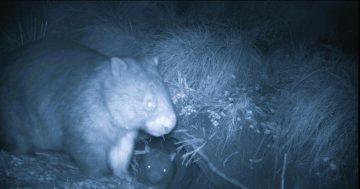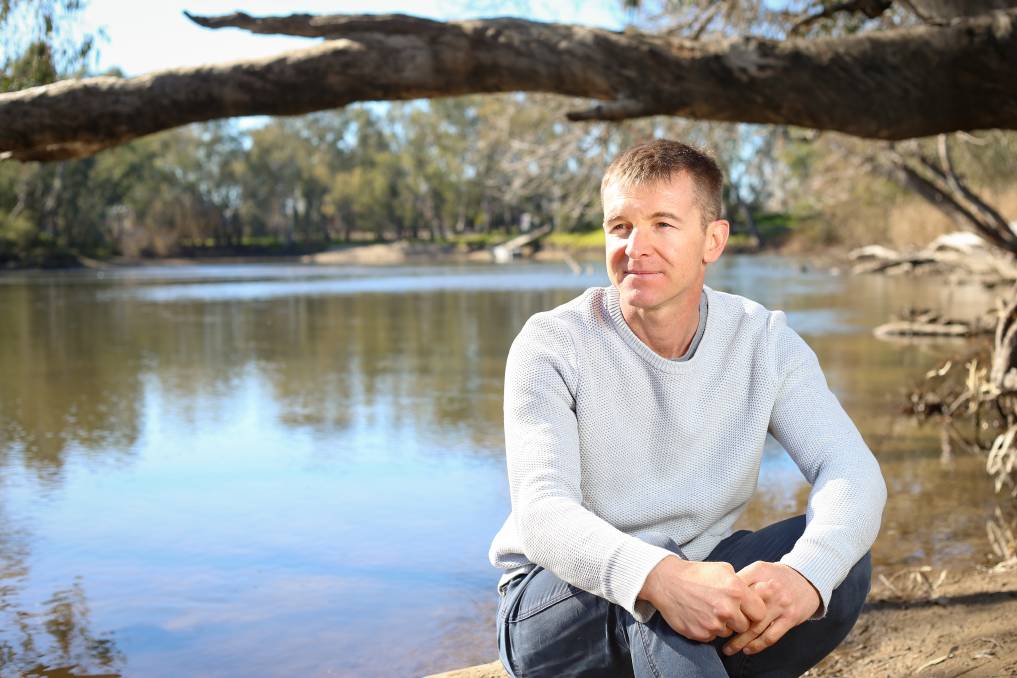
Professor Lee Baumgartner has been. working to improve the health of the south eastern river systems for over 20 years. Photo: James Wiltshire.
A Charles Sturt University scientist is leading the fight for climate resilience and food security in the Mekong region of southeast Asia.
CSU fisheries and river management professor Dr Lee Baumgartner will head the “FishTech” initiative to try and address future threats to the region posed by increasingly volatile climate behaviour and a growing population.
The FishTech initiative was conceived by the long-standing Mekong-Australia Partnership, comprising the governments of Australia, Lao and Cambodia alongside The Australian Centre for International Agricultural Research (ACIAR).
Last week the Australian Deputy Ambassador to Lao Dan Heldon announced the Australian Government’s allocation of $5 million over the next three years (ending in 2025) to the research.
It will focus on constructing fish passages in water management structures designed to improve rice productivity in the Mekong region.
These passages, also known as “fish ladders” are built around obstacles such as irrigation dams, hydroelectric structures and weirs to provide fish with unrestricted access to food sources, breeding spots and more.
Mr Heldon said the investment demonstrates Australia’s ongoing commitment to our close neighbours and strengthens their regions through the Partnership’s Water, Energy, Climate program.
“As population and industries grow throughout Southeast Asia, there are competing pressures on the region’s rivers and wetlands,” Mr Heldon explained.
Mekong fish migrate upstream to breed and back down again to complete their life cycles, and structures that block migration ultimately threaten the region’s food security.
Fish production is vital for food security and many household incomes, so protecting fish species is essential for people, the environment and the economy.
“Striking a balance between economic development while mitigating environmental and social impact remains a challenge,” Mr Heldon said.
The research initiative will be led from the Gulbali Institute of Agriculture, Water and Environment on CSU’s Wagga campus, with Dr Lee Baumgartner at the helm.
The Professor brings more than 20 years of experience to the program. He has published 100 papers and 80 scientific reports and managed more than $20 million in past projects.
“The project is seeking to help improve fisheries in areas where they have declined,” Dr Baumgartner explained.
“The University will bring together the Charles Sturt Inland Fisheries Research Group and engineering team to create solutions for fish and irrigation across Southeast Asia.”
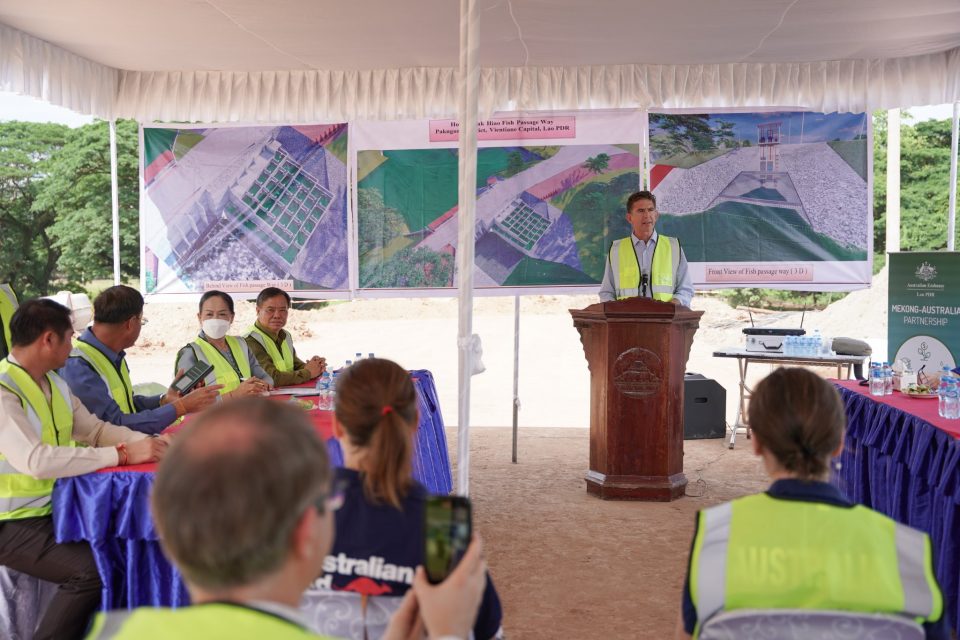
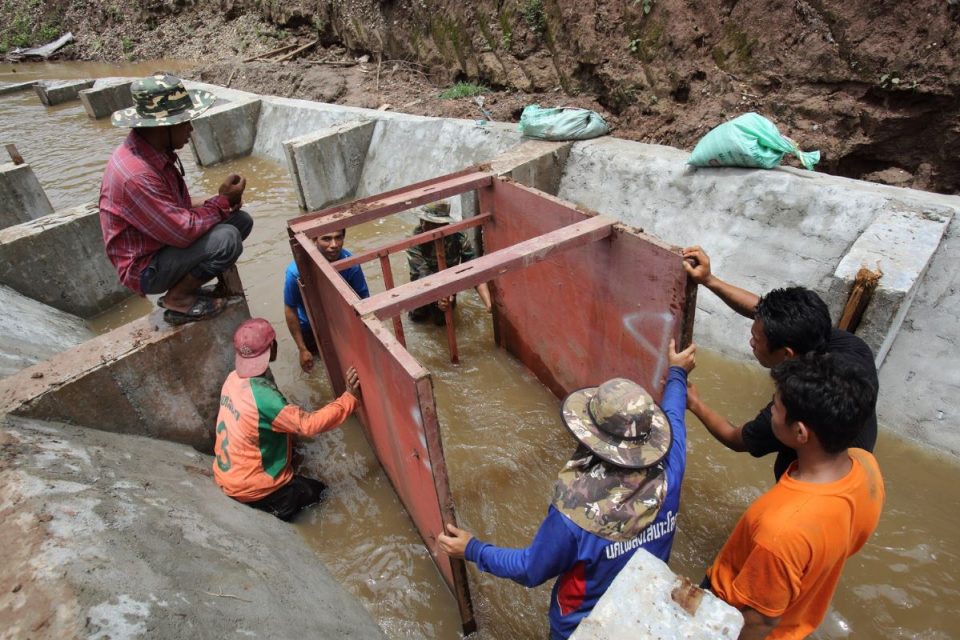
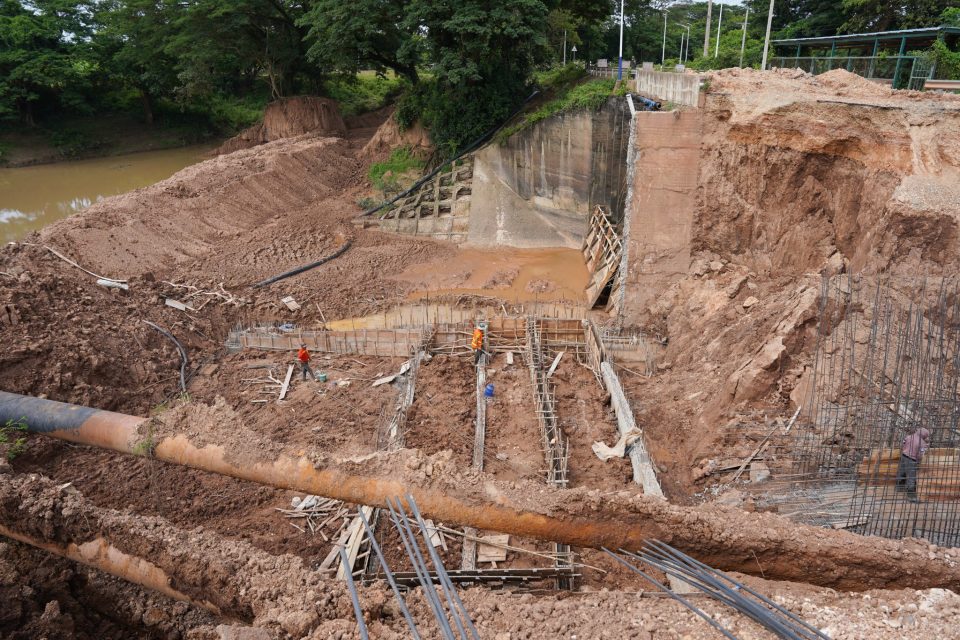
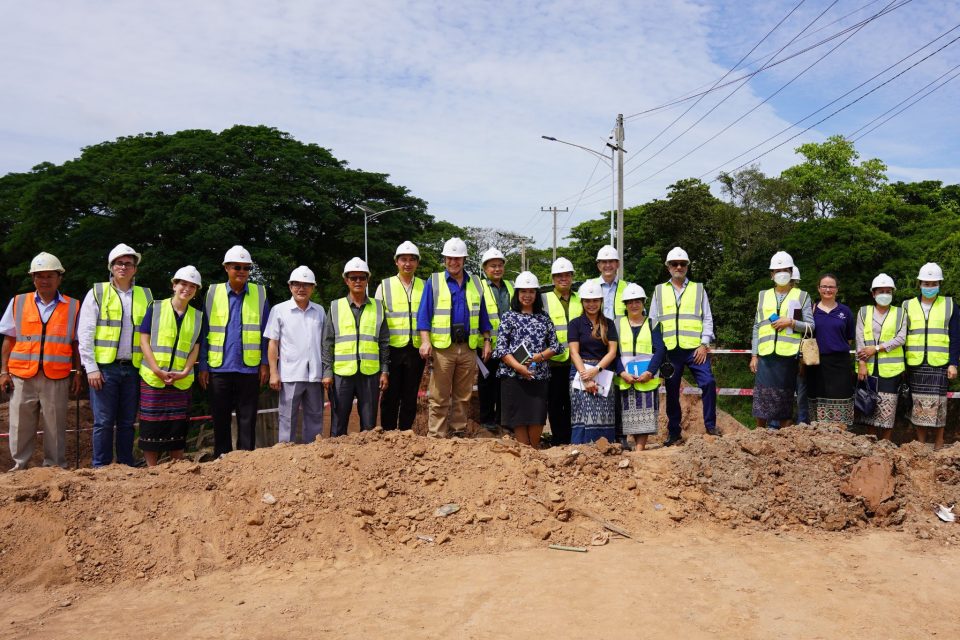
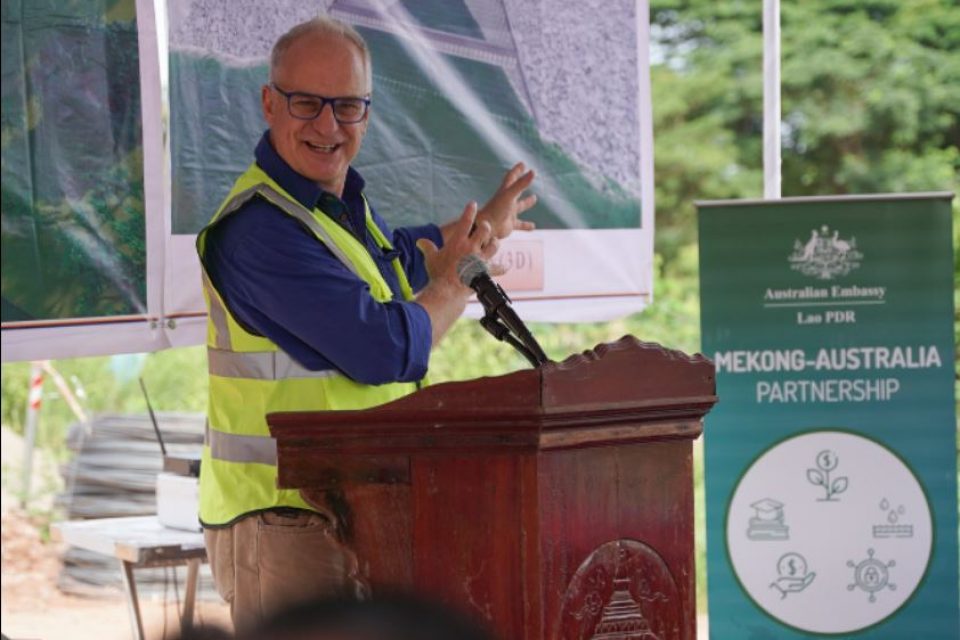
Significantly, the research findings will also assist fish health back home as the FishTech initiative outcomes will be directly applicable to ongoing work in the Murray-Darling Basin.
The study of fish passages – the way fish travel through aquatic ecosystems – is a major tool used to help recover fish populations.
New targeted subjects and course offerings in the School of Agricultural, Environmental and Veterinary Sciences at CSU can also be developed as a result.
In addition the project will inform the current CSU Graduate Certificate for Fisheries Conservation and Management, which will provide the next generation of river managers and engineers with up-to-the-minute research.
“We’re currently teaching the learnings from the Lower Mekong to the next generation of fisheries managers and river engineers in Australia,” Professor Baumgartner said.
At last week’s event ACIAR CEO Professor Andrew Campbell praised the Australian Government’s leadership and commitment to fisheries research and development in Southeast Asia.
“Fish provide 60 per cent of all protein consumed by humans in the Mekong Basin,” Professor Campbell said.
Professor Campbell emphasised the importance of the Australian Government collaborating with country partners to deliver innovative new technology to protect native fish and boost river health.
Professor Oudom Phonekhampheng, who will direct the research components of FishTech from the National University of Laos (NUOL), echoed these sentiments.
“NUOL is proud to be involved,” he said. “Through our involvement with fish passage projects over the past 17 years, we have developed knowledge and skills among our researchers.”
Links in Cambodia will be led by the Ministry of Fisheries Administration and Ministry of Water Resources and Meteorology.
“This research will help preserve and protect not only our neighbours but the Australian fishing industry in the long term,” Professor Baumgartner said.







